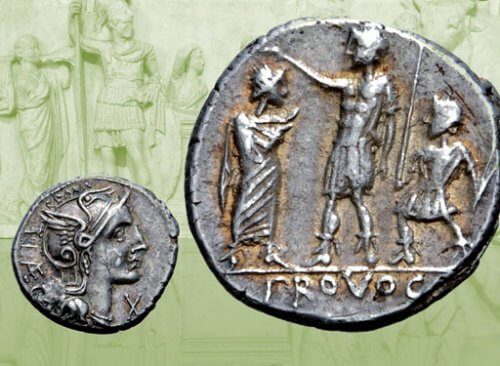


Laundered money has been used to buy politicians from local sheriffs on I-95 in America to presidents and large chunks of legislatures in Africa, South America, and Asia.įinancial institutions are affected by money laundering more than any other sections. Money laundering was part of the Watergate scandal of the 1970s, Iran-Contra in the 1980s, and laundered drug money permeates governments all over the world. Then there is the corruption, which always goes hand-in-hand with copious amounts of money. The taxes not paid on such monies can run into the millions or more, a ton of money at a time when many governments are stretched thin. Money laundering is a large and viable threat to several parts of the economy, government, businesses, and consumers. He was sentenced to seven years in prison for a bribery scheme and ordered to pay $2.88 billion in a subsequent civil suit. Scrushy used wire transfers and checks to buy $10 million worth of real estate in a layering scheme. He and his executives misled banks to get them to provide a credit line of over $1 billion. HealthSouth CEO Richard Scrushy was indicted on 85 counts of fraud and money laundering. Money laundering can be very diverse and can involve businesses and people from all levels of the economy. The three phases are really a helpful simplification of a very complicated process. Not all money laundering schemes involve all three and some have more.

Then in the integration phase the illegal money is converted into legal money eared through legitimate means. Layering splits the illegal money from its illegal source by using multiple wire transfers or money instruments like certificates of deposit (CDs) to hide the trail of the money. The money gets put into banks and other financial institutions or into retail. Placement is the physical movement of the money from illicit business to a place or into a form that is less suspicious. Money Laundering usually has three elements: placement, layering, and integration. (Reuter & Truman, 2004)ĭespite its low-tech beginnings by the 1980s money laundering had become quite high-tech and incredibly complicated. As part of the fight law enforcement began confiscating the money gotten from crime and as a result the criminals now had to hide or otherwise change the origin of the money with greater frequency and in higher amounts than ever before. Since World War II law enforcement has been beset with a number of new offenses of a commercial, financial, or environmental nature that did not result in any physical harm.
#Pecunia non olet origin series
The mobster Meyer Lansky was one of the first to use a Swiss bank where he funneled his money through a series of front companies. Its origins stem from organized crime’s heyday during Prohibition when the methods of hiding and moving money was not invented but perfected in the face of new methods developed by the Federal Bureau of Investigation, the US Secret Service, Internal Revenue Service, and other law enforcement agencies-especially after the arrest of Al Capone for tax evasion in 1931. The trick was, and indeed still is, not getting any unwanted attention from the government. (The Lectric Law Library, 2008) Early on, money laundering was a physical thing, transporting hard currency from under the mattress to banks and back out again.

(Baker, 2005) Money laundering is the process of changing the origin of money made from illegal enterprises like drugs, fraud, or extortion so it can be used legitimately for personal and business purposes. There is a diversity of estimates of how much money is laundered every year but even the most conservative of them are amazing: $640 billion to $1.6 trillion. Money laundering is then a sort of oxymoron, washing the money of its origin but the intentions behind it cannot be scrubbed away. Money is an instrument and an objective it is both means and ends for every criminal enterprise of every kind. Money itself is neither good nor evil it has no politics, no religion. Pecunia non olet-money does not stink-is a saying attributed to the Roman emperor Vaspasian when he reinstituted the tax on public toilets.


 0 kommentar(er)
0 kommentar(er)
